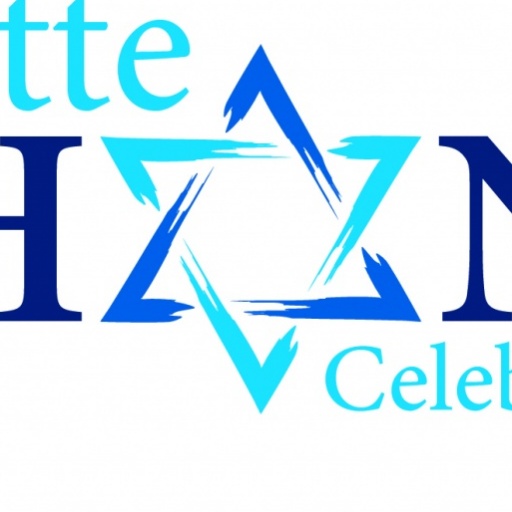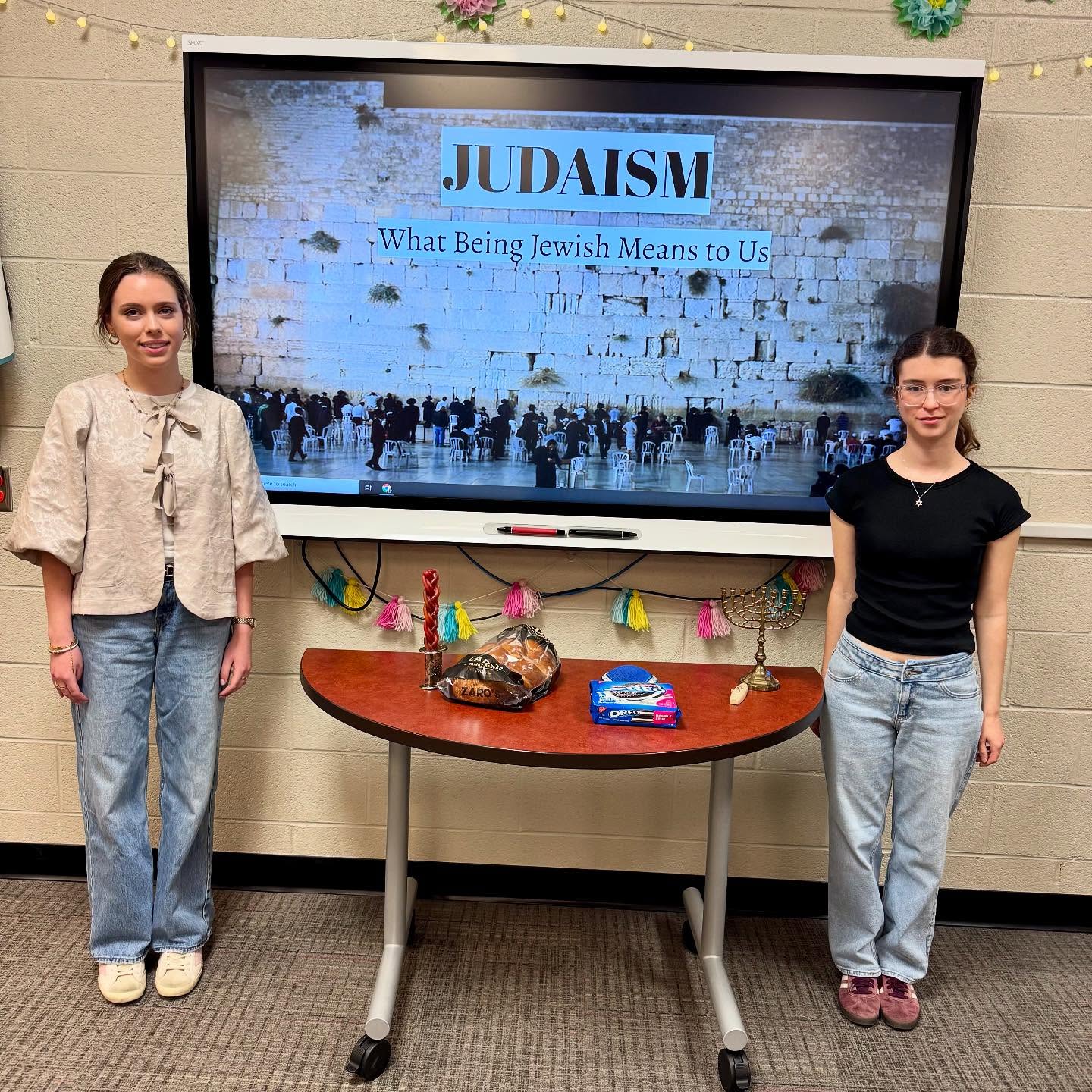Stan Greenspon Holocaust Education Center at Queens University is now inviting Jewish high school students to apply for its 2025–2026 Student to Student cohort — a program that doesn’t just talk about making change; it teaches teens how to live it.
Launched in Charlotte in 2022, Student to Student is part of a national initiative developed by Be the Narrative to combat antisemitism and ignorance through human connection. The idea is simple but powerful: when students hear directly from their Jewish peers about family traditions, holidays, challenges, and joys, prejudice has far less room to grow.
Each year, a select group of Jewish high schoolers is trained to serve as ambassadors. They’re not lecturing; they’re storytelling. They visit local public and charter schools, many of which have few or no Jewish students, and offer interactive presentations that explore Jewish identity from the inside out. They might pass around a tallit or demonstrate how a shofar sounds. They might describe what Chanukah looks like in their home, or talk about what it means to wear a Star of David in today’s world.
But the real heart of the program isn’t in the artifacts or explanations — it’s in the dialogue. Presenters open the floor to questions, and students ask them. Honest ones. Sometimes awkward ones. Always revealing ones. And that’s the point.
One of the first Charlotte presentations took place at Rea Farms STEAM Academy, where two high schoolers, Rosie Smolowitz and Max Harr, spoke to over 100 seventh and eighth graders. They shared personal stories, described holiday traditions, and fielded questions from curious classmates who’d never met someone Jewish before. The atmosphere was both casual and courageous. This wasn’t about memorizing facts — it was about building bridges.
In a city where many students’ only exposure to Judaism comes from media or misinformation, the Student to Student program fills a critical gap. It replaces stereotypes with stories. It transforms a “Jewish person” into a classmate, a teenager, someone who plays soccer and binge-watches the same shows. Someone who happens to also observe Passover or light Shabbat candles.
That kind of humanization is quietly radical — and deeply needed. Antisemitism is rising, but so is curiosity. Student to Student meets both with compassion, education, and presence.
It’s not just the classroom audiences who benefit. The program gives Jewish teens something equally valuable: a way to own their identity with pride and clarity. Presenters receive training in public speaking and leadership, but they also walk away with something less tangible and more enduring: a sense of agency. Of knowing they can stand up, share who they are, and be heard.
In the 24-25 academic year, the Greenspon Center’s Student-to-Student program reached more than 1,000 students and more than 100 educators. As the program looks ahead to its next year, the Greenspon Center is actively seeking participants for the 2025–2026 school year. Jewish high school students in the Charlotte area who want to make a difference, not just in what people know, but in how they see each other, are encouraged to apply.
It’s easy to feel discouraged in the face of bias and division. But the Student to Student program reminds us that big changes often begin with small, personal conversations, and that empathy isn’t taught from a podium. It’s passed from person to person, student to student.
Sign up at www.bit.ly/S2S2526 or email cunninghamk@queens.edu
Photo caption:
Liza Simon and Jordan Sokokolowicz delivered four Student-to-Student presentations at Fort Mill Middle School in April 2025, reaching over 200 seventh graders.


